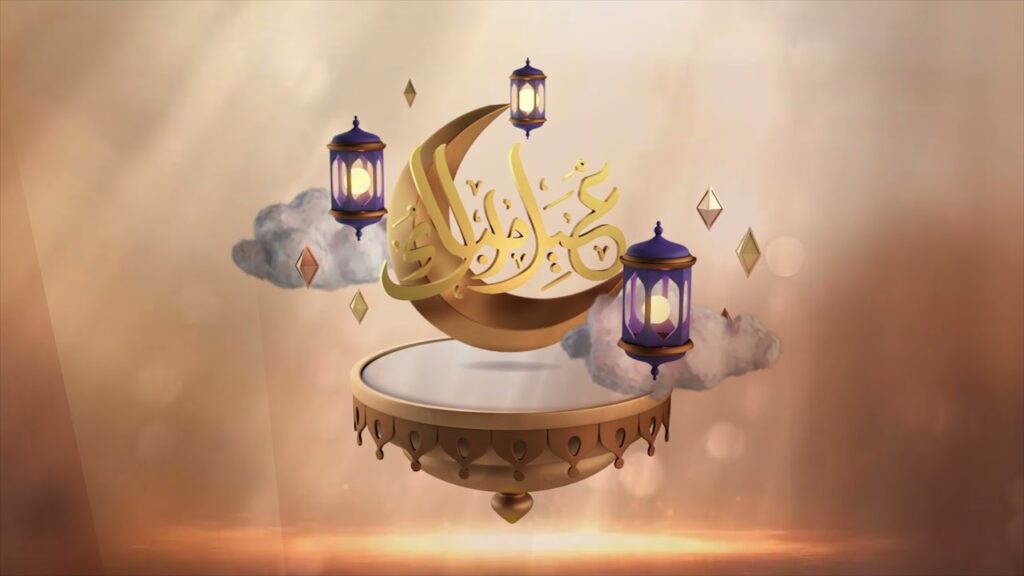Eid al Fitr, the Festival of Breaking Fast, holds significant cultural and religious importance in Saudi Arabia, as it does across the Muslim world. As the Holy Month of Ramadan draws to a close, anticipation builds for the festivities marking the end of this sacred period of fasting, prayer, and reflection. In this comprehensive guide, we delve into the details surrounding Eid al Fitr 2024 in Saudi Arabia.
Understanding the Timing of Eid al Fitr
The date of Eid al Fitr varies each year, determined by the sighting of the crescent moon, marking the conclusion of Ramadan. In Saudi Arabia, the official start of Ramadan was on Monday, March 11, 2024, following the sighting of the crescent moon by the moon sighting committee. With Ramadan typically lasting either 29 or 30 days, Eid al Fitr is expected to fall on Wednesday, April 10, 2024, though confirmation from the authorities will be awaited closer to the time.
Duration of Festivities
Eid al Fitr is not just a single day celebration; it extends over several days, allowing families and communities to come together in joyous observance. While the exact duration of the holiday is subject to confirmation, residents in Saudi Arabia traditionally enjoy several days off work to commemorate this special occasion. In the previous year, festivities spanned four days, providing ample time for individuals to engage in religious rituals, visit loved ones, and partake in communal feasts.
Significance of Eid al Fitr
Eid al Fitr, often referred to as the ‘Festival of Breaking the Fast,’ is one of the most important religious holidays in Islam. It signifies the conclusion of Ramadan, a month-long period of fasting, prayer, and self-reflection. Ramadan holds a central place in the Islamic calendar, serving as a time for spiritual renewal, self-discipline, and charitable acts. Fasting during Ramadan is one of the Five Pillars of Islam, fundamental principles that guide the faith, emphasizing the importance of devotion, compassion, and community solidarity.
Observance of Ramadan
During Ramadan, Muslims abstain from food, drink, smoking, and other physical needs from dawn until sunset, focusing instead on prayer, reading the Quran, and acts of charity. It is a time for self-discipline and spiritual growth, as believers seek to purify their hearts and minds through acts of worship and selflessness. The pre-dawn meal, known as Suhoor, and the evening meal to break the fast, called Iftar, are shared experiences that strengthen familial and communal bonds.
Cultural Traditions and Customs
In Saudi Arabia, Eid al Fitr is celebrated with great fervor, blending religious observance with cultural traditions. Families gather for special prayers at mosques, followed by festive meals shared with relatives and friends. Traditional dishes, sweets, and delicacies are prepared and exchanged as tokens of goodwill. It is also customary to engage in acts of charity, known as Zakat al-Fitr, where Muslims donate food or money to those in need, ensuring that everyone can partake in the festivities.
Conclusion
As the anticipation for Eid al Fitr 2024 builds, Muslims in Saudi Arabia eagerly await the arrival of this auspicious occasion. From the sighting of the crescent moon to the communal prayers and festive gatherings, the spirit of Ramadan permeates every aspect of life, culminating in the joyous celebrations of Eid al Fitr. As we prepare to mark the end of the Holy Month, let us embrace the values of compassion, generosity, and solidarity that define this sacred time.

